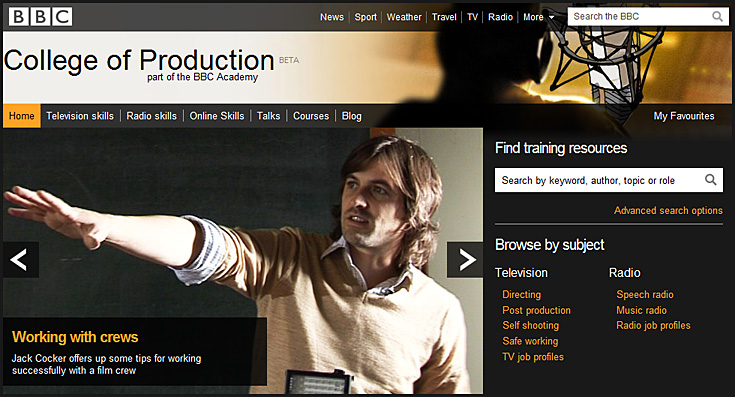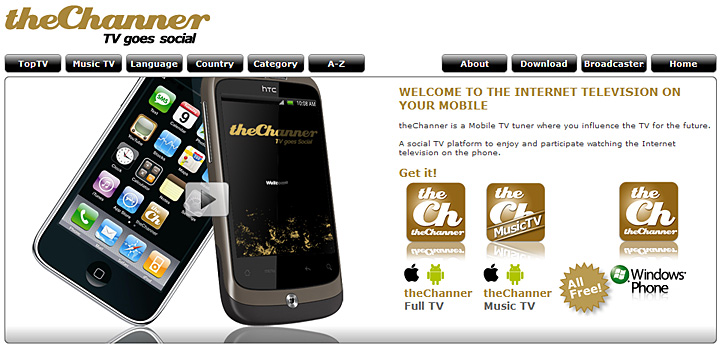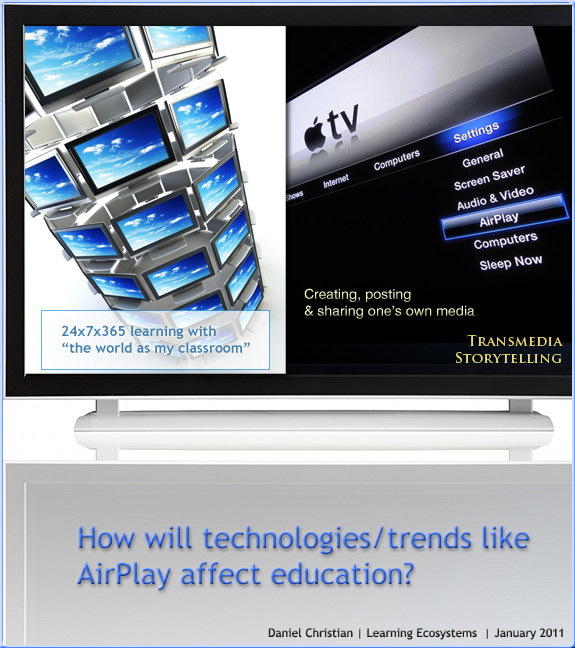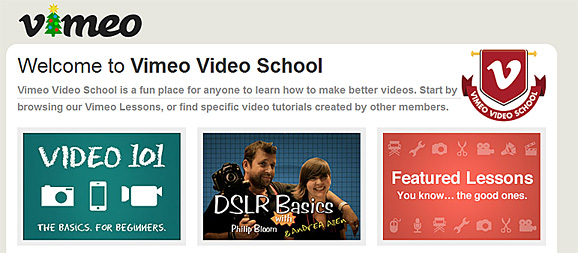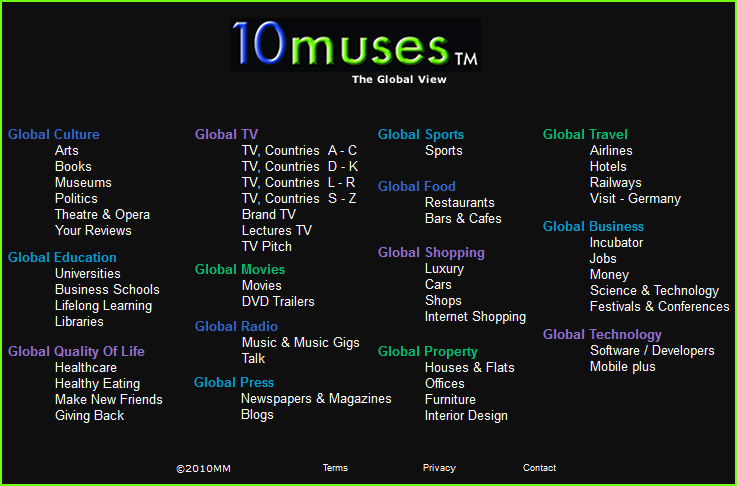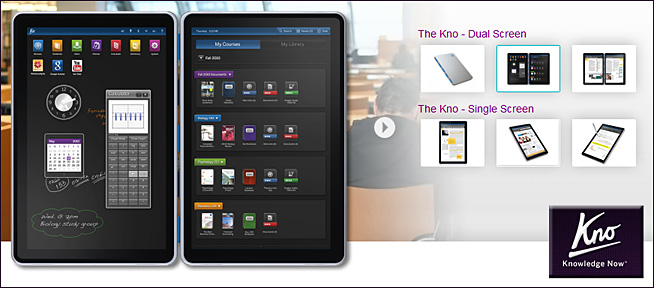The Future of television: Sweeping change at breakneck speed — from Cisco by Scott Puopolo, Carlos Cordero, William Gerhardt, Kate Griffin, Leszek Izdebski, and David Parsons, Cisco IBSG Service Provider Practice
10 reasons you won’t recognize your television in the not-too-distant future
Also see their blog posting on this.
.
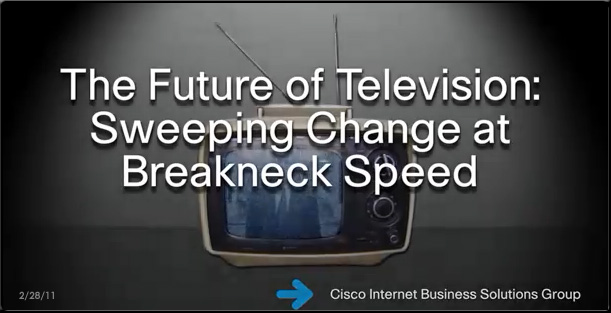
.
Reminds me of a graphic I created a while back…
.

Also see:
The Future of Media — by Chris Brogan
- The Future Of Media – A MUST watch video from Chris Brogan — from Angela Meiers
Salvaging VHS tapes — from NspiredD2 by Chris Clark
From DSC:
Thanks Chris for this posting. Another piece of hardware that’s often used here is the ADVC 110 (that is, we hook this unit up to both a VHS player as well as to a Mac).
USA Today puts good news on the front page, places the rise in U.S. living standards in perspective — from forbes.com by Stuart Anderson
Everyone knows bad news sells better than good news. But since good news so rarely gets reported it seems USA Today decided to turn conventional wisdom on its head and report on its front page not only good news but data that place in historical context just how well Americans live today. (Find article here.)
.
From DSC:
As I make my (almost) daily trip to Starbuck’s and enter into the coffee store, I often see the newspapers on my way to get my cup of coffee. The front pages always “feature” some photo of someone’s violent actions (blood, war, protests, murder, etc.) — some piece of the latest “death and dying” report. I can’t stand the agenda that this pushes — making money off of the hardships of others and depicting a world that is full of violence, chaos, and worthlessness.
I have long prayed for those in media to use their media to bring glory to God and to use the POWER that they have to help edify others (i.e. build them up) — and to make the world a better place to live in. Too many journalists just go along with their company’s agenda to make the most money possible — instead of trying to make the world a better place and to do the right thing. The sort of agenda often being pushed by the news organizations reminds me of a Philip Morris type of plan — making money off of others’ deaths.
It always bothers me when I see the glimmer of excitement in the broadcasters’ eyes/voices when they just got the “scoop” on some new murder, or murder trial or fight. What I would rather see is the broadcaster’s somber countenance — being one of dismay or sadness. (As we are all in this boat together.)
Now…bringing this reflection/rant closer to home:
- With the Internet, each of us now has the ability to be our own TV station, newspaper, magazine, etc. Let’s treat that power with respect — and try to make the world a better place to live in.
Students Tap iPhone to Film, Distribute TV Series — from mobilized.allthingsd.com by Ina Fried
To “appify” old media, we need a new approach — from gigaom.com
The publishing industry is keeping its formerly inky fingers crossed that mobile devices, including the seemingly ubiquitous iPad, will save its behind. With the mobile market still in its infancy, it’s a tad early to be calling definitive trends, but there is one interesting tendency underway that may endure long-term — and that is the “appification” of media content.
This “appification” is being driven by one question — what is it that the audience wants? And the answer resoundingly is this: don’t just replicate the brand, give us something different.
Alibris launches marketplace for books, movies and music — from ProgrammableWeb.com by Romin Irani
Alibris, an online marketplace that brings together Indepenent sellers of popular, collectible and bargain books, music and movies has launched a Developer Network. The company is inviting developers to use its API to not only build applications but earn commissions via its affiliate program. The Alibris API exposes most of its data like current books, music and movies on sale, item information, seller information and item/seller reviews.
Per Mark Macho:
You and your students might enjoy www.10muses.com. There is instant access to the TVchannel sites of the whole world for a starter, arts around the world and much else, popular fun but also a simple way to learn about how others around the world perceive our time and its innovations.
Our tagline is ‘the global view.’
If you look at ,say the New York Times, you will get news from China, but filtered through an American reporter and an American editor. We grouped media so someone could see what the Chinese themselves are saying.
We provide the links to the preeminent publications. But whether it is about design or politics it is all ‘straight from the horse’s mouth.’
I am American and I think our inability or rather failure to really see other perspectives is harming us in every way–in the wallet, in defense, in noticing developments.
As you will notice there is a place on every topic to ask questions and get an answer from someone on the ground who really knows. What is the best club for House music in Moscow?…for instance. We have team members from every continent.
From DSC:
I don’t know much about this site, but being able to get another perspective — from someone in another country — seems like a good thing to me. Thanks Mark for the resource.
Cutting the Pay TV Cord, Chapter 5: Unlimited Internet TV — from Phil Leigh
In short, often there is no reason why modern flat panel TV screens cannot function as giant monitors for up-do-date computers.
Thus a growing number of us are attaching computers to our TVs. The trend is especially prevalent for WiFi enabled computers because they can connect over a home network and thence to the Internet. In such configurations computers – commonly dedicated laptops – function as Internet gateways for televisions. They transform TVs into dual function devices normally controlled from a comfortable viewing distance with ordinary TV remote units.
Also see:
- Cutting the Pay TV Cord, Chapter 4: Broadcast Reception
- Cutting the Pay TV Cord, Chapter 3: Televisions
- Cutting the Pay TV Cord, Chapter 2
- Cutting the Pay TV Cord, Chapter 1
If you’re tired of paying for television service you’re not alone. The number of domestic pay TV subscribers declined for the first time ever at the end of the June, 2010 calendar quarter. The drop was about 200,000. It declined again at the end of the September quarter by an estimated 100,000. Since there are over 95 million pay TV subscribers, the industry publicly minimizes the significance of the trend reversal. But they are wrong to do so. It’s been a growth business for half a century. It’s run its course and Internet video is the successor.









